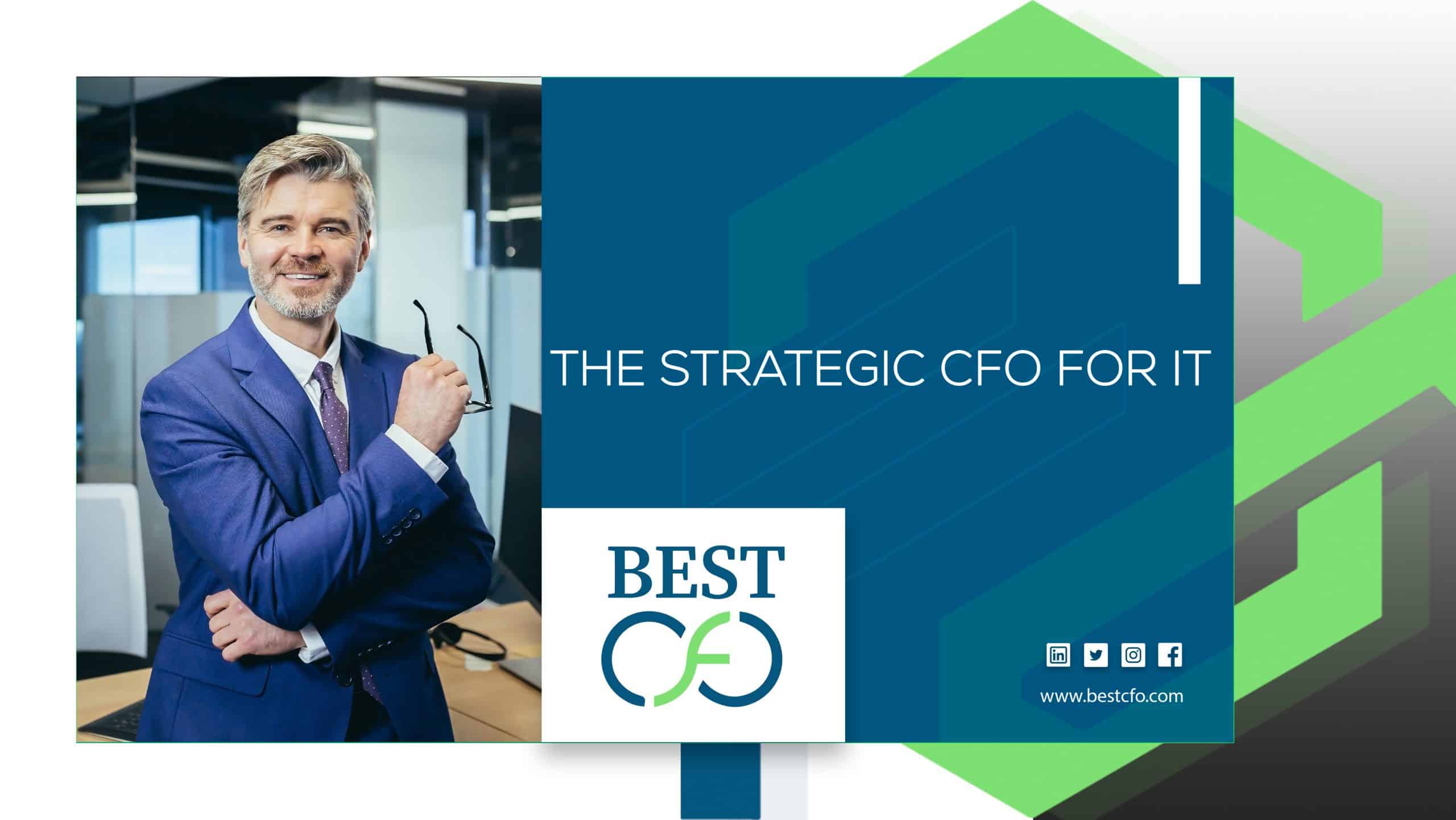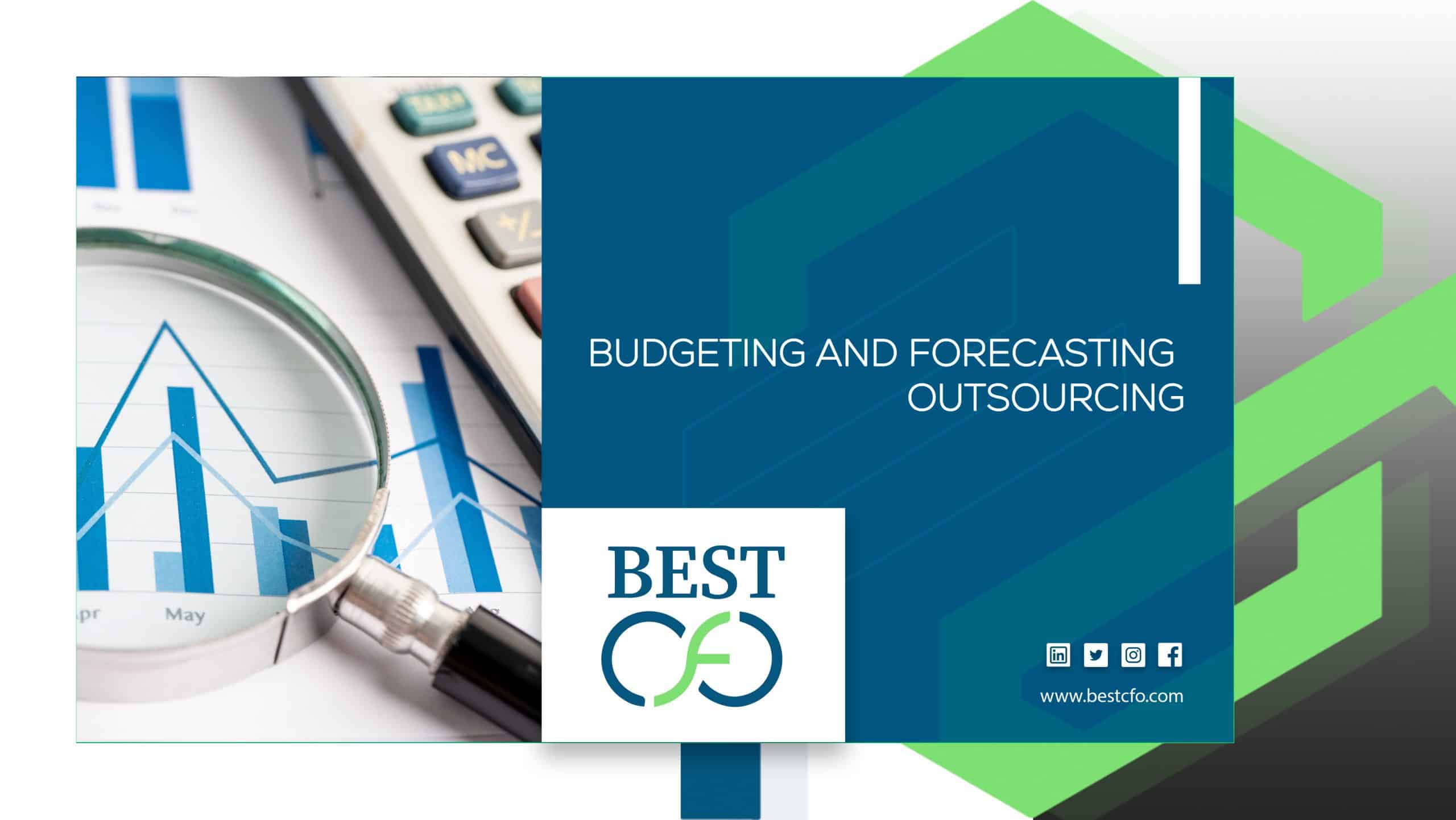
| Getting your Trinity Audio player ready... |
From Startup to Success: How to Scale Your Business Efficiently
Did you know that 90% of startups fail, and one of the top reasons is growing too fast without a solid plan? Starting a business is one thing—scale your business efficiently is a whole different challenge. Many entrepreneurs confuse growth with scaling, but there’s a big difference. Growth usually means spending more to make more, while scaling is about increasing profits without matching increases in costs.
If you’re dreaming of turning your startup into a long-lasting success, understanding how to scale smartly is key. In this guide, we’ll walk through clear, actionable strategies to scale your business, avoid common traps, and build a company that thrives in today’s fast-paced economy.
What Does It Mean to Scale a Business?
Before you jump into big moves, let’s clear up the difference between growing and scaling a business. Growth often means hiring more people, spending more money, or expanding your space to meet demand. Scaling, on the other hand, is about boosting output without adding a lot of new costs.
For example, adding automation tools to your customer service lets you serve more people without hiring extra staff—a clear sign of scaling.
Here’s how you know your business is ready to scale:
- You have steady revenue and a strong customer base.
- Your product or service has proven demand in the market.
- Your team and systems can handle more work without falling apart.
Why Scaling Efficiently Matters
Efficient scaling helps you grow without losing control. Jumping in too fast can lead to major problems like:
- Cash flow issues that leave you unable to pay bills or staff.
- Operational bottlenecks that slow down service and frustrate customers.
But when you scale with a smart plan, you get:
- Sustainable growth that lasts even when the market changes.
- Higher profits without raising costs.
- A strong position in the private sector where competition is fierce.
Strategic scaling helps you manage your workplace, improve team performance, and reach your long-term goals without burnout or chaos.
Preparing Your Business for Scaling
Here is how to prepare to scale your business:
Assessing Your Business Readiness
Before anything else, take a good look at your business economics. Is your company really ready to take the next step?
Start with a financial health check:
- Are your profit margins healthy?
- Do you have diverse revenue streams?
- Can you cover all costs and still invest in growth?
Next, study the market (economics). Make sure there’s real demand. Use customer feedback, online reviews, and market research to know what people want.
Building a Strong Foundation
If your operations are messy now, scaling will only make things worse. So:
- Use automation tools and create clear standard operating procedures (SOPs).
- Hire for roles that matter—look for smart people who align with your company culture.
- Focus on building a positive, growth-minded organizational culture.
Strong foundations lead to better employee relations, fewer mistakes, and a work environment where people can thrive.
Securing Funding for Scaling
To scale, you need money, but how you get it matters. You could:
- Bootstrap by reinvesting your own profits.
- Go after venture capital, angel investors, or small business loans.
If you go the investment route, know how to pitch. Show your company’s value, growth potential, and return on investment clearly. Tools like a detailed business model, revenue forecasting, and product demos help you stand out.
Key Strategies for Efficient Scaling
The following are the key strategies to scale your business efficiently:
Use Technology & Automation
Smart businesses use tech to work faster and better. Here are a few tools that can help:
- Customer Relationship Management (CRM) systems to track leads and clients.
- Enterprise Resource Planning (ERP) software to manage everything from inventory to payroll.
- Artificial intelligence and big data for better insights.
These tools reduce human error and free up your team for more important work, boosting productivity and cutting down overhead.
Expanding Your Market Reach
One easy way to scale? Reach more people.
- Enter new areas—go global or target new cities.
- Tap into digital marketing with SEO, email marketing, social media ads, and content marketing.
- Build your brand awareness by showing up where your audience already hangs out—like on Instagram, LinkedIn, or YouTube.
A clear marketing communications plan helps you connect with the right target audience without wasting your budget.

Optimizing Sales & Customer Acquisition
A growing business needs a steady stream of happy customers.
- Scale your sales team with smart training and clear roles.
- Focus on customer experience by personalizing communication, offering fast support, and creating loyalty programs.
The better your customer service, the more referrals and repeat business you’ll get, without increasing your marketing costs.
Strategic Partnerships & Collaborations
Two is better than one. Teaming up with other organizations or corporations can speed up your growth.
Look for:
- Businesses that serve the same audience but aren’t competitors.
- Co-marketing opportunities where you both benefit from shared ads or events.
- Joint ventures to create new products or tap into new markets.
This is how many startups, like Slack, grew quickly by piggybacking on the success of others.
Outsourcing & Delegation
You don’t have to do everything. In fact, trying to can hurt your business.
- Use outsourcing for tasks like accounting, customer support, or software development.
- Know when to hire vs. outsource. If a task is part of your core service, keep it in-house. If not, hand it off.
- Manage remote teams using tools like Slack, Zoom, and project management software.
Smart delegation gives you time to focus on what matters most—strategy, growth, and leadership.
Overcoming Scaling Challenges
Explore common challenges to avoid if you want to scale your business:
Common Scaling Mistakes to Avoid
Scaling without planning can cause disaster. Watch out for:
- Growing too fast before your infrastructure is ready.
- Not tracking your cash flow, which can lead to debt or missed payments.
Keep your eyes on performance indicators and always have a backup plan.
Maintaining Quality During Rapid Growth
As your company gets bigger, quality can drop if you’re not careful. Protect your brand by:
- Keeping your product or service consistent.
- Training staff well and offering top-notch customer service.
Good quality keeps people coming back and boosts your reputation in the market.
Adapting Leadership & Management Styles
The way you lead a small team won’t work when you’re managing dozens—or hundreds—of people.
- Shift from “doing” everything to managing teams.
- Learn from great leaders like Jeff Bezos and Steve Jobs who adapted their styles over time.
- Improve your communication, set clear goals, and listen to feedback.
It’s not just about being the founder anymore—it’s about being a smart, forward-thinking CEO.
Case Studies & Success Stories
Let’s now explore some case studies to help you:
Airbnb: A Startup That Scaled Globally
Airbnb started with air mattresses and a simple idea. Through smart use of technology, strong branding, and a clear business strategy, they grew into a billion-dollar company. They partnered with cities, expanded globally, and used data to improve customer experience.
A Local Bakery That Expanded Efficiently
A small-town bakery used social media marketing, local events, and customer referrals to grow. They automated ordering with a simple app and trained staff to manage higher demand—no outside funding needed. This shows how even small businesses can scale with smart decisions.
Key Takeaways:
- Know your audience.
- Use tech and automation wisely.
- Keep your values strong as you grow.
Conclusion
Scaling a business is exciting—but it’s not something you should rush. Take time to lay the right foundation, choose the best tools, and lead with purpose. Whether you’re running a startup company or a growing team, you can scale your business without losing quality, culture, or control.
And if you’re ready to boost your financial strategy, consider working with the Best CFO to help you manage money, reduce risk, and prepare for long-term success.
FAQs
1: What’s the main difference between growth and scaling?
Growth often increases costs along with revenue. Scaling increases revenue faster than costs, making the business more profitable.
2: When is the best time to scale my business?
When you have steady income, a working business model, and the demand to support growth.
3: Do I need to hire a CFO to scale?
Not always, but having a Chief Financial Officer—or at least a financial expert—can help guide smart decisions and avoid costly mistakes.
4: Is outsourcing better than hiring full-time staff?
It depends. Outsource non-core tasks to save time and money, but keep essential roles in-house for better control and culture.
5: Can I scale without outside funding?
Yes! Many companies use profits to reinvest and grow. But if you need to scale fast, investors can help—just make sure you’re ready.
Related Posts
Organic vs Inorganic Marketing: Pros, Cons, and Best Use Cases
Organic vs Inorganic Marketing: Pros, Cons, and Best Use Cases When it comes to growing…
What Is Operating Capital and Why Is It Important?
What Is Operating Capital and Why Is It Important? Are you ready to dive into…
How to Scale a SaaS Business Without Losing Your Customers?
What Are the 5 Sources of Funding? So, you’ve got the dream. The vision. The…
What Are the 5 Sources of Funding?
What Are the 5 Sources of Funding? So, you’ve got the dream. The vision. The…
 Demos
Demos  Colors
Colors  Docs
Docs  Support
Support 














